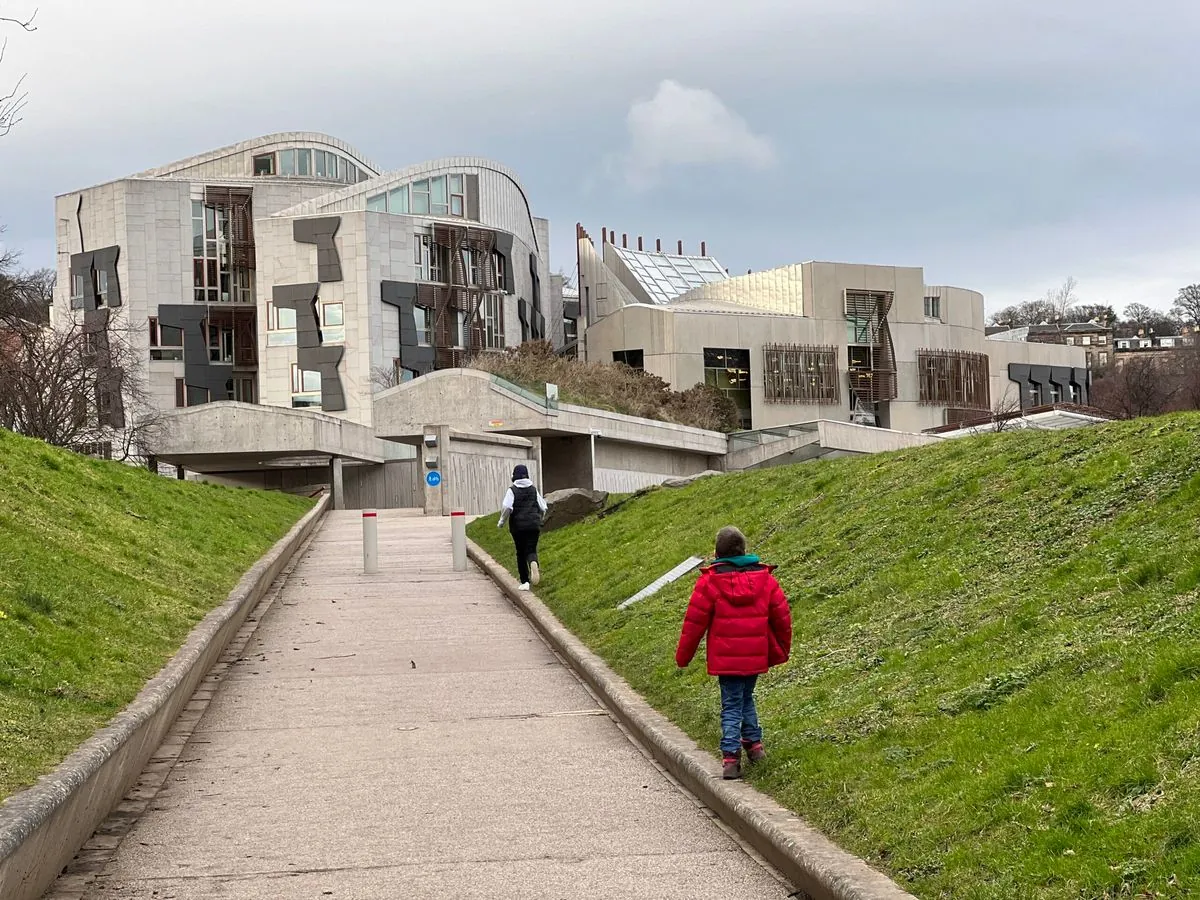Scottish Government Abandons Controversial Conversion Therapy Ban Plans
Scottish ministers halt plans for a conversion therapy ban that could have led to parental prosecutions. They now plan to support Westminster legislation, sparking mixed reactions from advocacy groups.

The Scottish Government has decided to abandon its proposed legislation to ban conversion therapy, a practice aimed at altering a person's sexual orientation or gender identity. This decision comes after significant criticism of the initial plans, which could have potentially led to the prosecution of parents for certain actions related to their children's gender expression.
Instead of proceeding with their own legislation, Scottish ministers have announced their intention to support the development of similar laws at Westminster. This shift in approach has generated mixed reactions from various advocacy groups and stakeholders.
Marion Calder, a director at the For Women Scotland campaign group, expressed relief at the news, stating that parents across Scotland would be "breathing a sigh of relief" at the abandonment of the original plans. The proposed legislation had raised concerns that parents could face legal consequences for actions such as restricting their children's clothing choices or social associations.

Critics of the initial proposal argued that it could have criminalized any approach that was not "affirming" of a child's claim to be transgender. There were also worries that therapists exploring underlying reasons for gender distress might be accused of engaging in conversion practices.
The decision to support Westminster legislation has not been without controversy. John Swinney, the First Minister, now faces criticism from activist groups that had been advocating for the ban. In May, Swinney had promised Out for Indy, the SNP's LGBT wing, that he would "move forward" with the law, following criticism for appointing Kate Forbes as his deputy.
The Equality Network, which received over £500,000 in Scottish Government funding in 2023, expressed disappointment with the announcement. The organization pointed out that while the Westminster proposals are still in early stages, considerable work had already been invested in developing the Scottish plans.
"The Scottish Government would surely have far more influence and ability to end these practices in the most comprehensive and effective way if it chose to legislate here in Scotland."
The Scottish Government has left open the possibility of resurrecting its own legislation "should a UK-wide approach not be achievable." This decision reflects the complex nature of devolved powers and the ongoing debate surrounding gender identity and conversion therapy in the United Kingdom.
As the 2026 Holyrood elections approach, the Scottish National Party (SNP) appears to be navigating carefully through these sensitive issues. The abandonment of the conversion therapy ban plans may be seen as an attempt to avoid potential voter backlash similar to that experienced with Nicola Sturgeon's gender self-ID bill.
The debate surrounding conversion therapy and gender identity continues to evolve, with the Scottish Government's decision highlighting the challenges of balancing diverse perspectives and concerns in crafting legislation on these complex issues.


































